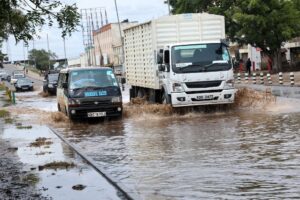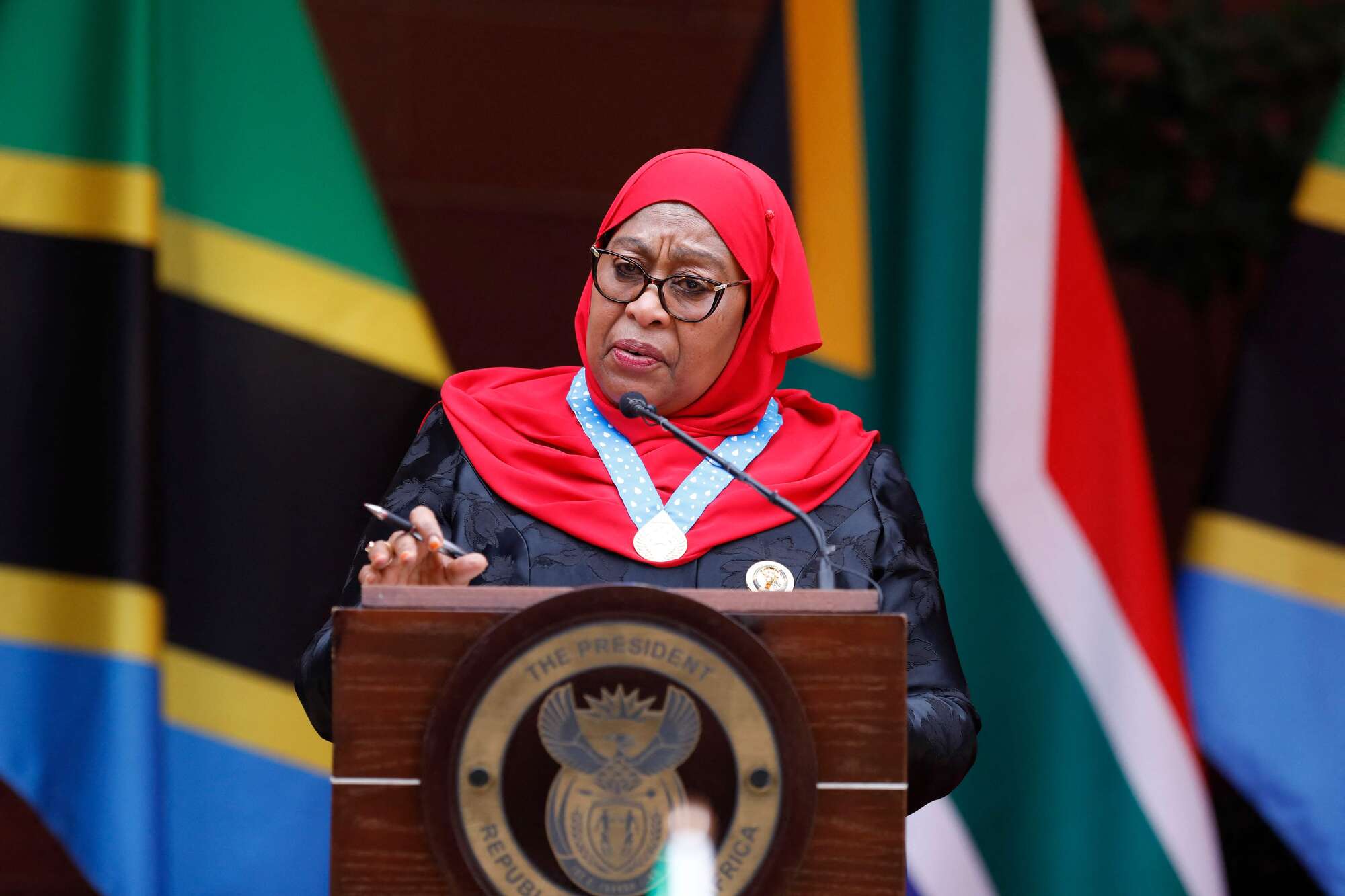Dar es Salaam. Rais wa Tanzania, Samia Suluhu Hassan amewahamisha wizara mawaziri mbalimbali, manaibu katibu mkuu na kuteua mabalozi wapya watano.
Pia amemteua Profesa Mohamed Janabi kuwa Mshauri wa Rais Masuala ya Afya na Tiba. Pamoja na nafasi hiyo, Profesa Janabi ataendelea kuwa Mkurugenzi Mtendaji wa Hospitali ya Taifa Muhimbili.
Uteuzi huo umetangazwa leo Jumapili, Desemba 8, 2024 na wanatarajiwa kuapishwa Jumanne, Desemba 10, 2024 kuanzia saa 5: asubuhi katika Ikulu Ndogo, Tunguu Zanzibar.
Soma majina ya walioteuliwa hapa…
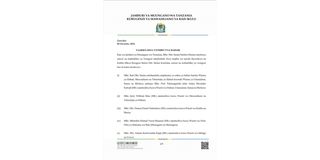
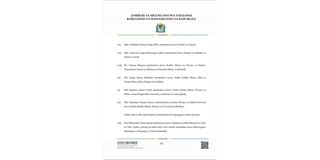
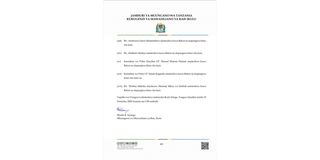
Source: mwananchi.co.tz


